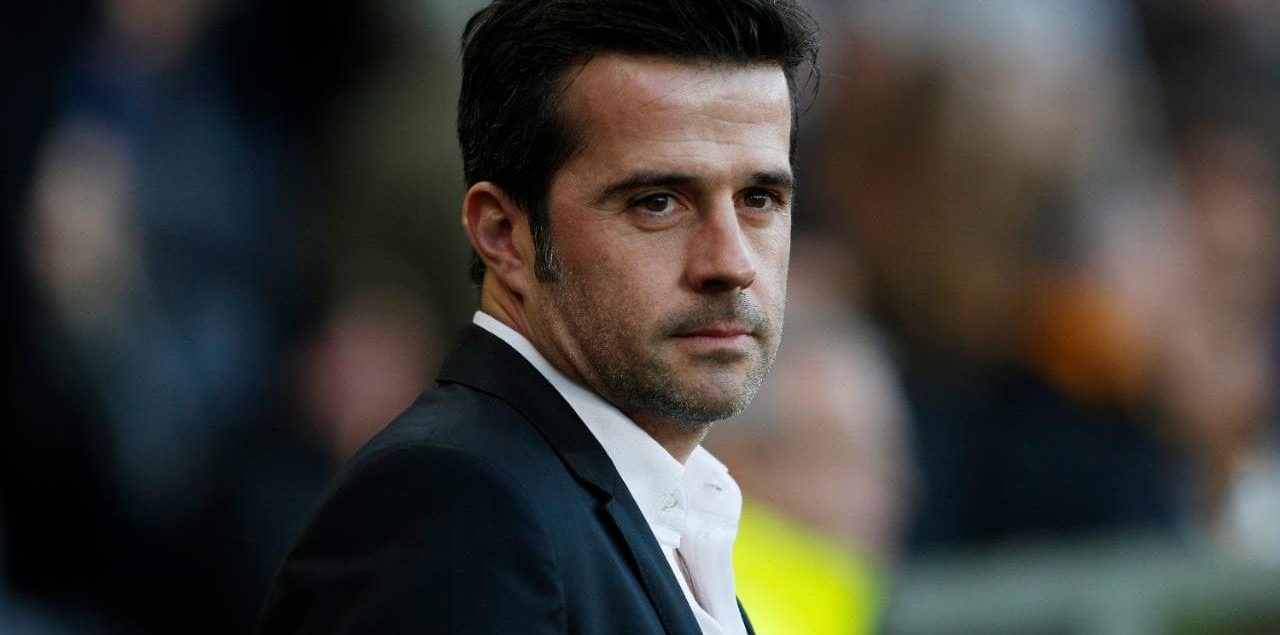Can Marco Silva help Hull City stay afloat?
On the 5th of January 2017, Marco Silva was appointed manager of Hull City until the end of the season, replacing Mike Phelan after the latter was sacked following a series of bad results. Phelan left the club with only 13 points, dead last in the Premier League table. Upon Silva’s appointment, the club’s vice-chairman Ehab Allam said: “He has a great track record and we feel this is a bold and exciting appointment in our aim to retain the club’s Premier League status.”
Marco Silva brought in his own coaching team with him to the KCOM Stadium, including assistant João Pedro Sousa, first-team coach Gonçalo Pedro and goalkeeping coach Hugo Oliveira. On January 7, two days into the Portuguese’s tenure, Silva coached the side to a 2–0 win over Swansea City in the third round of the FA Cup. His first Premier League match in charge of the Tigers also ended in triumph, with a 3–1 win against Bournemouth on January 14th. After his good start with the club following two good wins, Silva started his mission of achieving safety by signing new players during the January transfer window. Omar Niasse was the first player to join the Tigers under Silva, joining on loan from Everton. Later on, Norway international Omar Elabdellaoui left Olympiakos to sign for Hull City on loan too, while Kamil Grosicki signed for Hull for a fee of around £7.5 million from French side Stade Rennais, and Lazar Markovic also joined in from Liverpool on loan.
Deadline day was especially busy for Hull, with the Tigers signing 3 players; Andrea Ranocchia completed his loan move from Inter Milan, before City then signed Alfred N’Diaye on loan from Spanish side Villarreal just ahead of the 11pm deadline. The fans had to to wait for the club’s biggest commitment of the transfer window when a swoop for Poland international Kamil Grosicki was eventually announced at 12:35 am.
On the 26th of January, Silva’s Hull defeated Manchester United 2–1 in the semi-finals of the EFL Cup, giving the club its first victory over that opponent since 1974. However, due to the latter’s 2–0 win in the first-leg of the tie, the former failed to advance to the final, but on February 4, they beat Liverpool 2–0 in the Premier league, giving the coach four wins from his first four home matches as manager. Silva seems to have adapted very quickly and the improvements are clear especially on the tactical level. Spaced out normally in a 4-1-4-1, Silva’s men look to stay compact defensively in their shape, to absorb pressure with their well-timed pressing movements along with the aim of forcing play wide or centrally to disturb the opposition’s build-up. This is done in order to set up the most crucial weapon in Silva’s tactical arsenal: the counter attack.
At Estoril, Sporting & Olympiakos, the Portuguese-born manager made a name for himself with his counter-attacking philosophy, cutting through opponents like a hot knife through butter. He’s brought this same mindset to the Tigers, looking to pounce on the opposition space and attack with pace and aggression with quick wingers such as Grosicki and Markovic along with accomplished transitional passers like Tom Huddlestone, who seems eager to supply normally one of (or both sometimes) Oumar Niasse or Abel Hernandez. When in possession, Hull don’t fall too short either, with the revived and talented center-back Harry Maguire showing his prowess with his passing and ball-carrying ability. Since Silva took over, Hull City have won 5 games, lost 6 and drawn in 2 games, leading them to 17th position of the league table with 30 points, 2 points off 18th placed Swansea City and 5 points behind 16th placed Bournemouth. Hull City will face Watford on Saturday to compensate their loss against Manchester City and Stoke, in order to secure safety.
Photo Credit: Reuters
By: Mootaz Chehade
